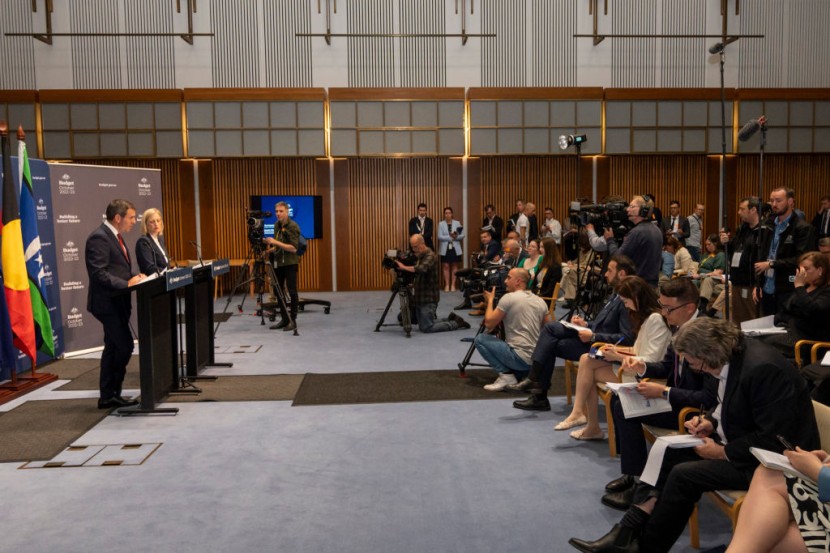According to a recent survey, Australians are still concerned about the potential security threat that China poses, even if they support the efforts being made by Prime Minister Anthony Albanese's administration to normalize relations with Beijing.
According to a 2,000-person study conducted in April by the Australia-China Relations Institute (ACRI) and the Centre for Business Intelligence & Data Analytics (BIDA) at the University of Technology Sydney, many Australians still exhibit "a mixture of apprehension and ambivalence" about China.
Nearly 40 percent of respondents, up 5 percent from 2022, believe the current administration is doing a good job of managing Australia's relations with China, according to South China Morning Post.
The study also revealed that 63 percent of respondents, a three-year high, saw advantages in Australia's relationship with China.
A Ban on Chinese Apps?
However, the majority also wanted to outlaw Chinese social media platforms WeChat and TikTok, supported increased defense spending in light of China's military's growing power, and claimed that China posed a security threat to Australia.
According to a December analysis of his failed election campaign by his Liberal Party, Scott Morrison's Coalition government suffered during the federal elections last summer in areas with higher numbers of Chinese-Australian voters.

Some of the lowest moments in the deterioration of China-Australia ties were its desire for an independent study into the causes of the coronavirus and its demand for "UN weapons-style inspectors" to visit Wuhan in 2020.
A formula of "cooperate where we can, disagree where we must, and engage in the national interest" has been used by the Albanese government, which took office in May of last year, to temper its language toward China.
About one-third of respondents to the ACRI/BIDA poll expressed this belief, which is an improvement from the results of the previous two surveys, that bilateral ties "will improve in the next three years".
Read also: Security Analyst: Australia Must Bind Itself to Taiwan
Mixed Views
According to the ACRI/BIDA poll, around six in ten Australians still believe that their nation should have a close relationship with China; this percentage has not altered over the course of three yearly surveys.
Nevertheless, despite minor improvements in some opinions, negative perceptions of China continue to exist.
Over 70 percent of Australians indicated they don't trust the Chinese government, down from 73 percent last year, but concerns over Australia's relationship with China decreased by six percentage points. 55 percent of Australians now favor taking a tougher stance in negotiations with China, down from 58 percent the year prior.
The study revealed that Australians who supported Morrison's right-wing former Coalition government, particularly those who are 55 and older, tended to have the most unfavorable opinions of China.
A recent Australian decision to prohibit TikTok on government devices received approval from roughly three-quarters of all respondents, and a comparable percentage of older Australians said they would support a statewide ban on both that app and WeChat. A nationwide ban on the applications was supported by around 61 percent of those polled, up 14 percentage points from 2022.
Related article: Local Governments to Impose Mandatory Recycling Rules on Packaging Industry in Australia
© 2026 HNGN, All rights reserved. Do not reproduce without permission.








